WELCOME TO TESTING ANAESTHETIC GROUP NAME
This is a testing page. We handle preoperative forms and patient surveys for your Anaesthetists.
Discover the easy way to increase efficiency in your anaesthetic group practice.
OUR ANAESTHETISTS
FOR PATIENTS
ABOUT OUR GROUP
YOUR GROUP NAME HERE have been proving anaesthetic services in STATE-OR-REGION since 19XX. Our Anaesthetists work in all REGION metropolitan and many STATE-NAME country hospitals. The Anaesthetists within our group have a wide range of experience and diverse interests.
Our Group Name
P: 01 1234 5678
F: 01 2345 6789
123 Street or PO BOX,
Suburb, STATE 1234
E: [email protected]
Office Hours:
Monday – Friday: 9am – 5pm*
Saturday – Sunday: Closed
* Excluding Public Holidays
CONTACT US
"*" indicates required fields
© Copyright XX Group. All rights reserved. Site by Anaesthetic Group.
Terms of Use | Privacy Policy
